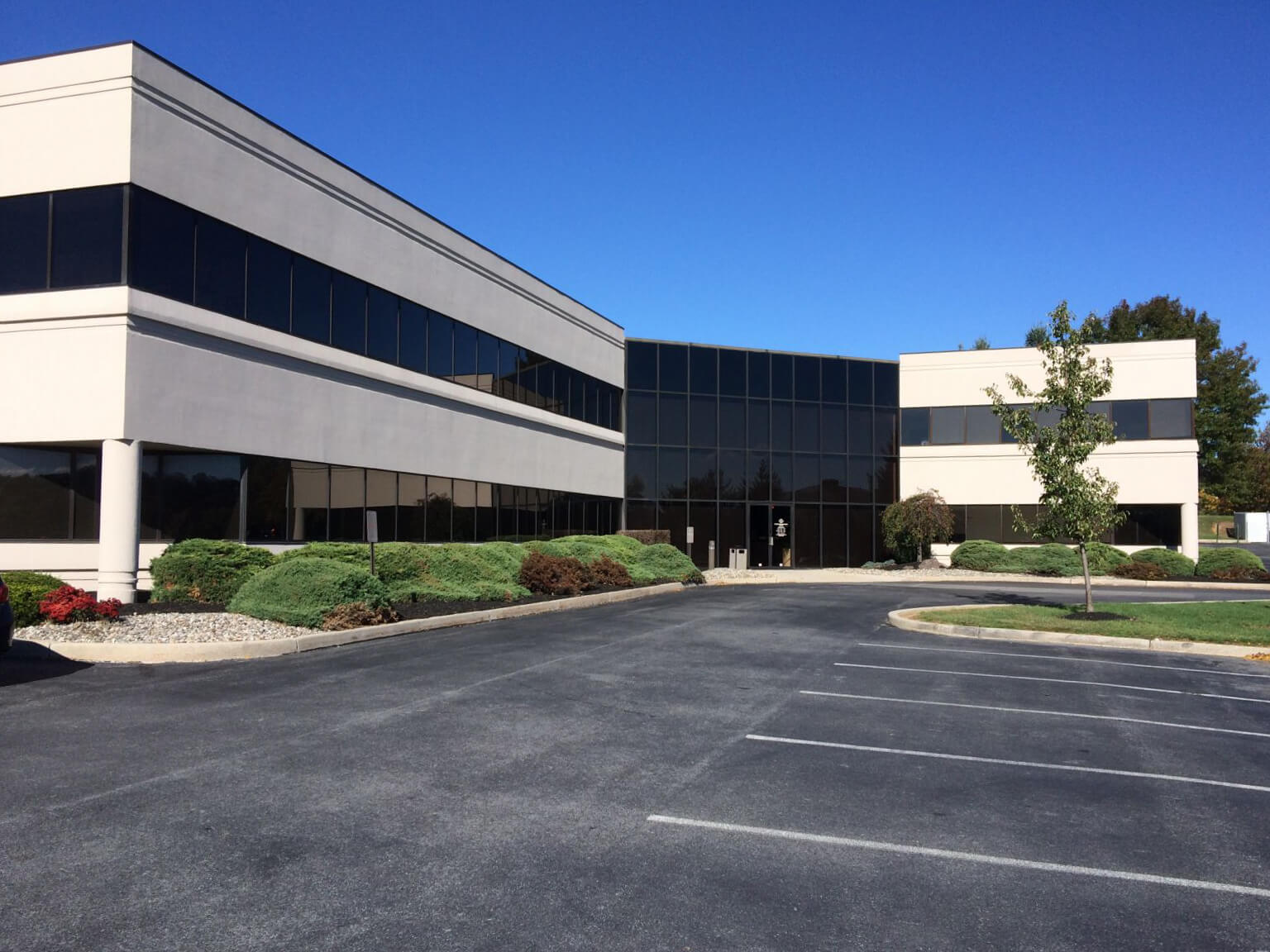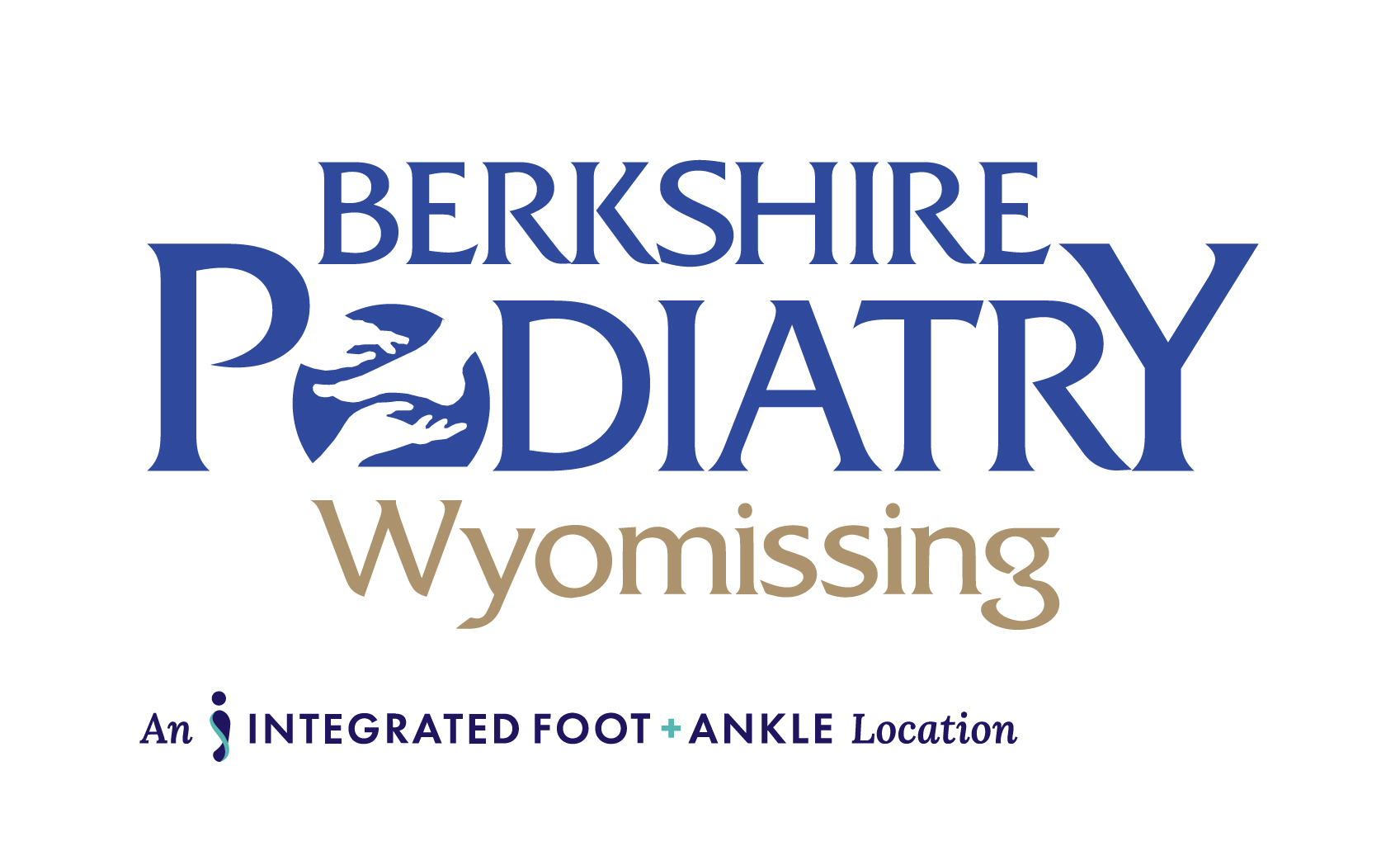
Berkshire Podiatry – Wyomissing
Welcome to Berkshire Podiatry. We will listen to your symptoms and provide you with an individualized treatment plan to return you to those activities you enjoy the most! We're confident you'll find an unmatched quality of care from our foot and ankle specialists.
Berkshire Podiatry – Wyomissing Information

Berkshire Podiatry – Wyomissing
50 Berkshire Ct
STE 1
Wyomissing, PA 19610
Alan Weisberg, DPM
Kerry Casey, DPM
FAX
(610) 373-8651
Hours
Monday: 8 am-4pm
Tuesday: 8am-5pm
Wednesday: 8am-4pm
Thursday: 8am-4pm
Friday: 8am-4pm
Saturday: Closed
Sunday: Closed
Follow Us
Services
Meet the Doctors
Testimonials
Insurance
Use your podiatric
insurance benefits
insurance benefits
We accept the following insurance plans.
Other insurances accepted include:
- BlueJourney
- Capital Blue Cross
- Keystone Health Plan Central
- MultiPlan
- Teamsters – Central Pennsylvania
- UnitedHealthcare Medicare
- UPMC Health Plan
